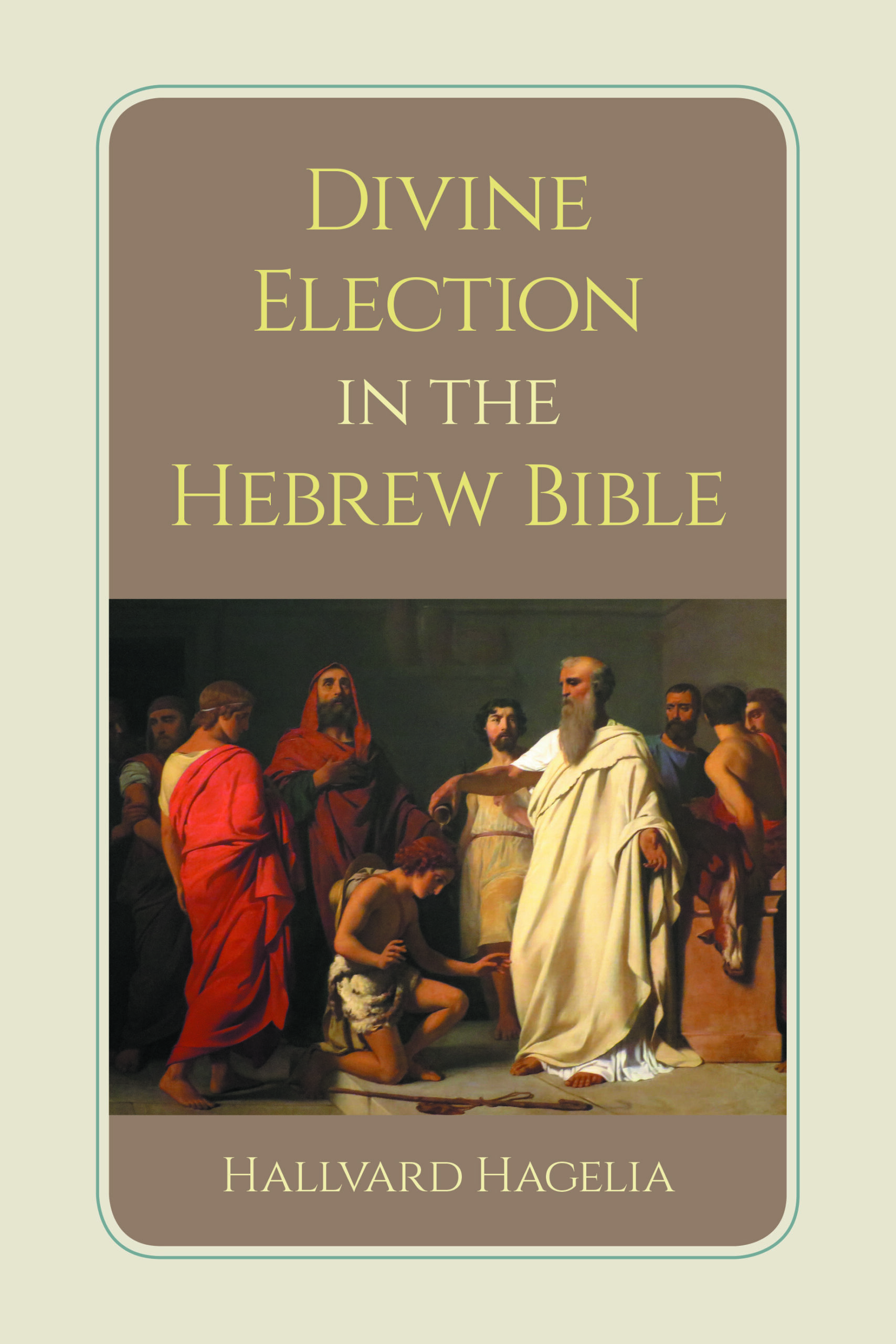Divine Election in the Hebrew Bible
£70.00
A new full-length study of the important concept of divine election in the Hebrew Bible is long overdue, and Hagelia’s readable and balanced monograph can be expected to bring the topic back into contemporary conversation.
To citizens of the modern world the idea that someone or something might be especially elected by God seems problematic. If someone is elected, someone else is not elected. Does the God of all people have preferences? The idea that one particular nation should be elected by God is particularly difficult to accept.
Nevertheless, as this study intends to show, divine election is a central theme in the Hebrew Bible, and present in all its main parts. There are central acts of elections and less central acts of election. Abraham is elected as the founder of the people of Israel. Moses is elected as the ancestor of the religious and political people of Israel. David is elected as first of the Davidic kings. The election of these persons represents something more important than the persons themselves.
There are also other significant acts of election in the Hebrew Bible, especially the election of the land of Israel and of the city of Jerusalem. As well, there is the election of individuals such as the prophets. And even the Assyrians, the Babylonians and King Cyrus of Persia are presented as elected by God for special tasks.
A new full-length study of the important concept of divine election in the Hebrew Bible is long overdue, and Hagelia’s readable and balanced monograph can be expected to bring the topic back into contemporary conversation.


Reviews
There are no reviews yet.